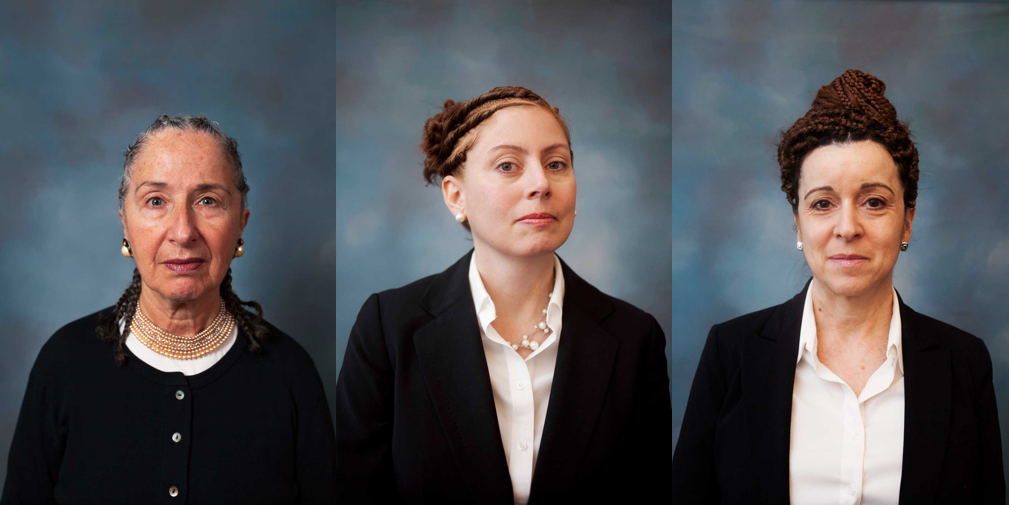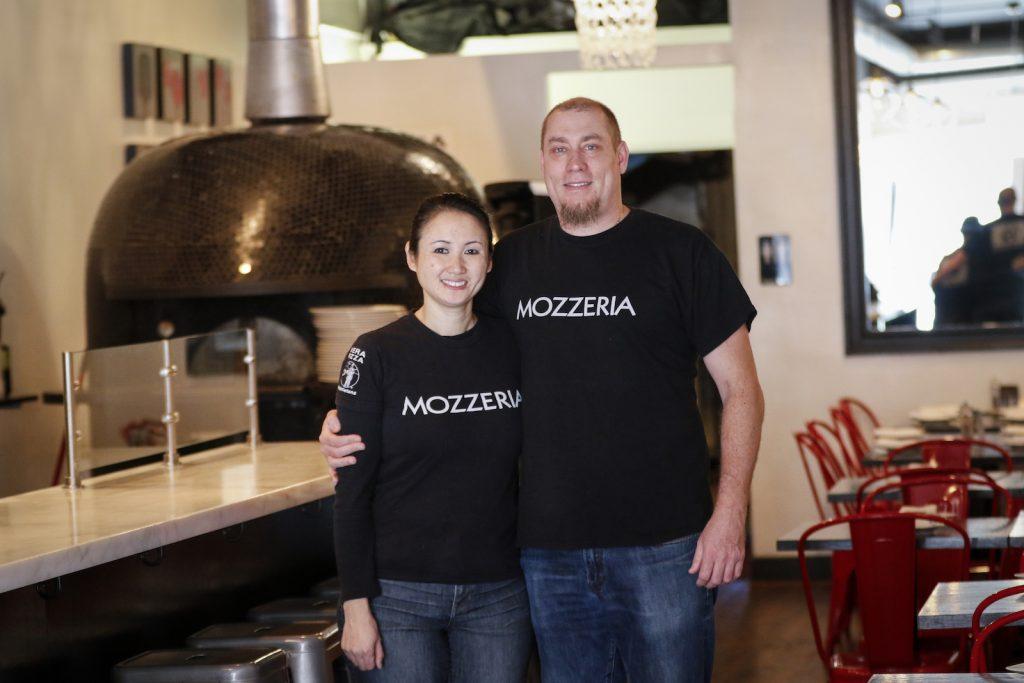
My truth acknowledges the complexity of my identities — the who I am if you will — along with the spaces I occupy.
My truth acknowledges the complexity of my identities — the who I am if you will — along with the spaces I occupy. Share on XAs I arrive at the half-century mark, I’m painfully aware that while I’ve been fortunate to experience housing, general safety, access to education, and other freedoms, I know I’ve missed out on some key experiences as well. I believe that a practice of gratitude along with the need to challenge were ingrained in me from a young age and that I’ve been able to utilize and implement these over time through personal, community, and professional environments.
I recently participated in a webinar where concepts of ordinary were being addressed, and it struck me that in many ways, feeling ordinary has been a consistent theme for me, even if/when I experienced the occasional extraordinary. I have gratitude for parents who challenged their times as pioneers by fighting for what was seen as an unexpected relationship — a young woman raised in central Illinois in a farm town and a young man from Pakistan — that broke barriers and pushed us to do the same. They knew that we were under constant scrutiny, so our ability to do well, be good, and excel were likely a reflection of them. In some ways, it has been this reflection about my experiences that has led me to more regularly explore and challenge whether my stories could matter or even be helpful to others.
I certainly know that mine is not a story often seen or heard. While I see more representation of Muslim and/or South Asian experiences these days in the media through programs like Miss Marvel, for example (and certainly one show can’t usually accurately or fully represent the variety of experiences!), they sure weren’t around when I was growing up, aside from stereotyped images and caricatures. While I can’t say that I see many stories that center my contemporaries (since I’ve been out of high school for 30-plus years), these newer shows have allowed some a chance to connect and for others to also engage in dialogue with friends and colleagues who may be seeing or hearing stories on mainstream TV about our communities for the first time.
Writing and sharing about my identities and experiences affords me the space to reflect, challenge, express gratitude, and possibly impact others.
As a kidney donor, I felt firsthand the tug of being grateful for health while challenged with the idea that an almost-40-something friend could need a kidney and that another, unrelated almost-40-something could help. About eight years ago, a dear friend was diagnosed with a serious kidney disease, which required daily dialysis and placement on donor lists in a few states. Her immediate family attempted to match, and I too decided I would like consideration. While my friend was not in particular support at the time, I chose to proceed through the process. Receiving a kidney from a living donor increases kidney function of the recipient almost twofold over a deceased donor. Ultimately, I was a match and after some convincing, she agreed to receive my kidney. We discussed it with our families and medical professionals — we both had kids around the same ages and wanted to be sure they understood what was going to happen for each of us. In 2015, I became a living kidney donor and while I continue to pray for the health of my friend, we are blessed that she is doing very well (Alhamdulillah — praise be to God).
This was a unique experience because, as Pakistani Muslims in the U.S., we were pretty unaware of similar experiences, and we each decided that as we moved through our recovery, we would share the story more so that we could dispel any cultural or religious myths and that more people would consider becoming living donors. For me, I try to talk about the experience honestly and attempt to encourage consideration from those in communities around me. As a kidney donor, I have been blessed to experience no change in health, and the science supports the idea that outside of unexpected life issues, it should not diminish my health or life expectancy (Insha’allah — God willing). While it is not a common space for conversation, I offer my story to those considering becoming a living kidney donor as a way of making the process more accessible. My hope is to encourage others to understand the process and to increase awareness around the need, especially since according to the data, very few South Asians and/or Muslims in the U.S. are on the registry despite a growing need.
I offer my story to those considering becoming a living kidney donor. My hope is to increase awareness around the need, esp since according to data, very few South Asians and/or Muslims in the U.S. are on the registry. Share on XIn prior reflections, I’ve shared experiences related to my name, my faith traditions and how I’ve had to navigate life as someone who occupies bi/multicultural spaces. What I’ve thought less about is how those experiences have been responsible for getting me to where I am today. A forever aspiring social activist in search of and advocating for justice, my life’s passions have afforded me opportunities to be grateful for blessings by serving organizations that provide direct assistance to those in need, as well as those that fight against inequities by challenging the status quo. One of the biggest lessons I’ve learned as I engage with communities around me is just how fragile our various statuses often are.
My life’s passions afforded me opportunities to provide assistance to those in need, as well as those that fight against inequities by challenging the status quo. I’ve learned is just how fragile our various statuses often are. Share on XFor the last two years I’ve worked with a local non-profit, Chi-Care. The organization serves those experiencing homelessness or financial instability by providing warm delicious meals from local restaurants, conversation, and judgment-free interactions. We also provide support through showers, hygiene, and personal items (clothing, hand warmers, bandages, and more). My time with this organization has crystallized the reality that many of us could unexpectedly find ourselves faced with complex challenges.
I regularly hear stories of struggle and fighting for survival, and it’s often very clear how close any one of us could be to financial instability. Add to that membership in a minoritized or marginalized community, the lack of access to generational wealth and/or safety nets that can offer protection during job loss, economic hardship, or health issues, and a person is that much more easily affected financially or otherwise.
When I talk with folks who may be experiencing housing instability or homelessness, there are some very common themes that emerge around what life was like before or even currently that challenge what we are often fed via the media or other sources. So many factors often impact the current situation, and many are faced with complex decisions around whether food will be accessible if other financial duties are covered (which bills does one decide to pay today?). Experiences like these have helped me expand my gratitude, challenge the “whys” related to housing and food access systems, and find ways to give in more direct service methods.
When I talk with folks experiencing housing instability or homelessness, there are common themes that emerge around what life was like before or even currently that challenge what we are fed via media or other sources. Share on XAs I age, I am also aware now that my career didn’t have the same progress (financially and level-wise) that was often afforded to others in dominant groups (across gender and race specifically). In fact, it wasn’t until my most recent position that I ever even negotiated terms of employment. For many, these are far more natural practices (observed through family members or through tight-knit professional networks), and while I often advised others to ask for what they needed, I didn’t always afford myself the same habits. So now, I talk about it – I express gratitude for my employment and also question the many practices that are built into it. I try to be transparent and honest with those around me as well as those I may be mentoring or supporting. There are a few stories that I’ve buried and, recently through mentoring conversations, they have come to the forefront. While I had packed them away, I am sharing in case they may be of benefit to someone else.
It wasn’t until my most recent position that I ever even negotiated terms of employment. For many, these are far more natural practices (observed through family members or tight-knit professional networks). Share on XI recall a situation where a male colleague from the dominant culture was tapped for a promotion that I and another female colleague could also have been considered for. It became a complicated situation, and our attempts to question and challenge the process were met with gaslighting (I didn’t have the language to describe it as such then) and sexism (didn’t we understand the pressure for a male colleague to be the single earner of a family?). And, while I haven’t given this experience much thought until recently, I do think it laid the foundation for my ability to begin to push back on practices that were unjust and to find ways to move out of situations that appeared inequitable if possible. This may seem so archaic, but it wasn’t that long ago; in fact, it was still in this century.
I remember another story where I was told that I had to learn how to connect with leaders in a deeper way — go out, have a meal, a drink (I don’t drink so that was always an interesting conversation), coffee/tea, etc. to build relationships. While I could not process why I had to do this, I was pressured into meeting this way (even having a coffee scheduled by a leader for me). It felt disingenuous, and it certainly reinforced practices that were not my natural tendencies and were aligned with what I now know to be dominant culture or white supremacy work practices at the time. Having coffee/tea with a colleague in order for that colleague to support my work felt unnatural and spoke more to their inability to be respectful than to mine.
Like many, I can’t even count how many times in group meetings I needed to interpret the silence after I shared an idea or a suggestion as compared to the more animated and amplified responses when colleagues of a different sex or cultural background shared something. Experiences like these have led — and in some ways forced me — to question and challenge the “whys” of the past and the “whys” of now.
Moments like these have shaped and built how I navigate my life. I hope that I create new experiences and truths by challenging practices that are commonly accepted yet have served some communities so faithfully while harming others. I remain grateful for the many blessings I am surrounded by and am aware that my life could shift at any time. My fitness instructor often yells out: “If it doesn’t challenge you, it won’t change you!” and I think this is applicable in so many other contexts. May we all experience the change via the challenges we need. I acknowledge the power of the story and look forward to sharing mine and hearing from others.
I hope that I create new experiences and truths by challenging practices that are commonly accepted yet have served some communities so faithfully while harming others. Share on X
















